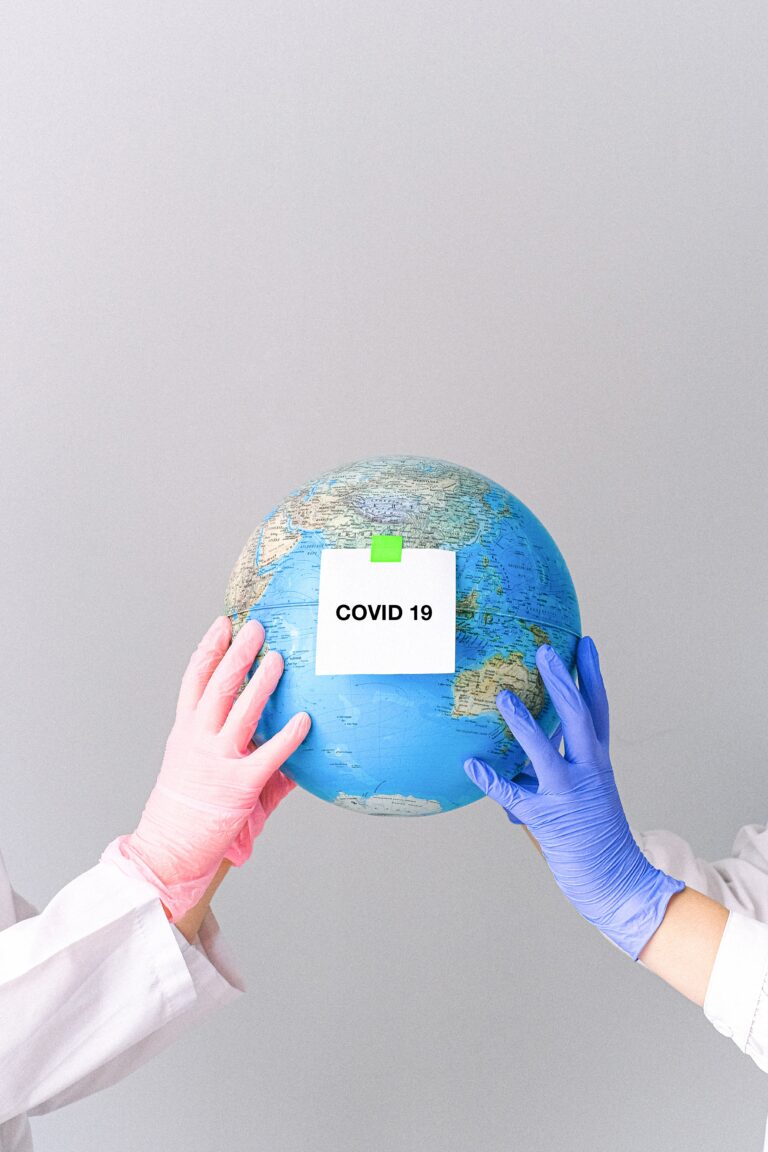
Baby Boomers are Retiring and the Need for Elder Law Attorneys Is Rising
Millions of baby boomers are reaching retirement, facing age-related challenges, and making waves in healthcare, housing and financial markets. Elder law is emerging as part of a holistic estate plan to address medical, financial and incapacity issues as we age.
Beyond their legacy, baby boomers and their caregivers are planning for Medicaid, incapacity medical and financial oversight, and legally documenting end-of-life decisions. Based on Yahoo Finance’s article, “Elder Law Is More Important Than Ever. Why? Baby Boomers,” this blog examines elder law, the increasing necessity for attorneys in this field and where it fits in estate planning.
What Is Elder Law?
Elder law revolves around respecting individuals’ wishes and preferences, while protecting them from financial risks and court intervention if incapacitated. Elder law is the legal means to protect aging individuals and preserve their autonomy.
Elder law is a comprehensive legal framework that spans a wide range of issues as we age, from health and long-term care planning to surrogate decision-making and estate administration. In this complex landscape, elder law attorneys play a pivotal role, offering invaluable counsel to protect their clients’ rights and well-being. This compassionate legal practice is dedicated to ensuring the financial, medical, and holistic well-being of older adults.
Why Elder Law Is Necessary in Today’s Estate Planning
The impact of the baby boomer generation on the United States is staggering. A Census Bureau article, “U.S. Older Population Grew From 2010 to 2020 at Fastest Rate Since 1880 to 1890,” revealed that in 2020, 16.8% percent or 55.8 million people were at least 65 years old. As this massive generation enters retirement, the country’s demographic landscape is undergoing a seismic shift, posing significant questions on how to protect an aging loved one’s independence, while ensuring their well-being. This is where the role of elder law in estate planning becomes crucial.
The complexities surrounding asset management, healthcare decisions and estate planning have escalated. Seniors now possess a substantial portion of the nation’s wealth, necessitating sophisticated strategies to preserve and distribute assets effectively. Advancements in medical care have also prolonged life expectancy, while introducing intricate legal considerations regarding autonomy and treatment preferences.
Strategies to Address Evolving Needs – Estate Planning Meets Elder Law
Trusts and estates play a pivotal role in asset management and succession planning. Trusts serve as tools for individuals to dictate the management and distribution of their assets during their lifetime and after death. An individual appoints a trustee to administer and distribute estate assets according to their wishes for peace of mind.
In tandem with trusts, wills are estate planning instruments delineating how assets are distributed among heirs upon one’s passing. Whether through probate proceedings or overseen by an executor, the orderly transfer of assets hinges upon the clarity and validity of the individual’s will. By proactively addressing these matters, individuals can mitigate potential disputes and ensure that their legacy is preserved according to their intentions.
Addressing Incapacity and Conservatorship
As individuals age, the prospect of incapacitation becomes a pertinent concern, necessitating preemptive measures. Through mechanisms like powers of attorney (POAs) or advance directives, individuals can designate a trusted person to manage their affairs in the event of physical or mental impairment. Medical and financial POAs empower individuals to safeguard their well-being and interests and maintain autonomy, even in challenging circumstances.
Elder Law and Estate Planning Key Takeaways:
- What is Elder Law: Elder law encompasses a wide array of legal services tailored to the unique needs of older adults and individuals with special needs.
- The Catalyst to Rising Elder Law Needs: Baby boomers’ retirement has fueled a surge in demand for elder law attorneys, underscoring the importance of specialized legal expertise in navigating complex issues.
- Strategies For the Aging Population: Trusts, wills, POAs and advance directives are essential for elder law and estate planning.
- Proactive Planning: A holistic estate plan addresses disability and conservatorship concerns of preserving autonomy and safeguarding one’s interests in later life.
Conclusion
As the demographic landscape continues to evolve, the role of elder law attorneys expands to protect and honor the rights and well-being of older adults. Individuals proactively address their unique needs by understanding the nuances of trusts, estates and related legal instruments and charting a course for a secure and dignified future.
If you’re seeking guidance on elder law matters, don’t hesitate to contact a qualified attorney to explore your options and safeguard your legacy.
References: Census Bureau (May 25, 2023) “U.S. Older Population Grew From 2010 to 2020 at Fastest Rate Since 1880 to 1890“ and Yahoo Finance (Sep 13, 2023) “Elder Law Is More Important Than Ever. Why? Baby Boomers”


